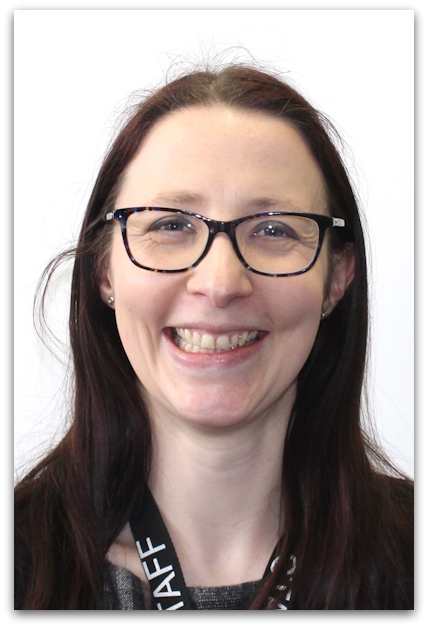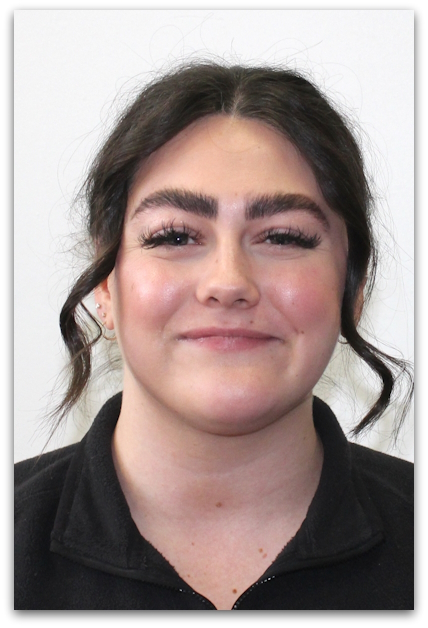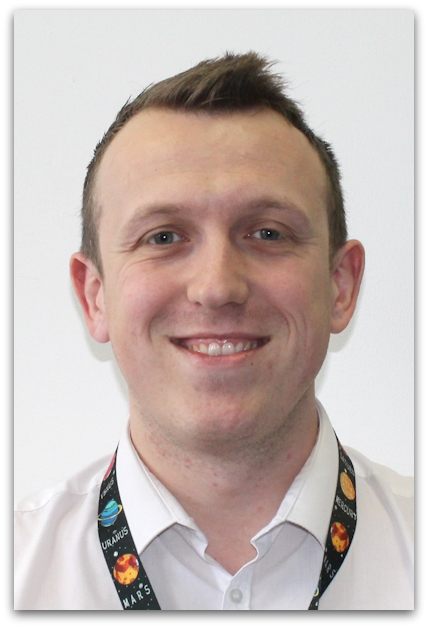Year 6
Welcome to Year 6
|
|
|
|
|
Mrs Mitchell 6HM Teacher |
Miss Cornell 6CC Teacher |
Mr Fletcher-Newbold 6LN Teacher |
Learning in Year 6
Autumn Term
During the Autumn term, the children will begin by studying Ancient Egypt. Through this Curriculum Vehicle, children will develop their understanding of life in the Ancient Egyptian time period. The children will look at replica artefacts and a range of historical sources to learn more about homes, transport, and lifestyles and how these are compared to those of previously studied periods in time such as Roman Britain, Ancient Maya and life in Anglo-Saxon Britain. The children will work with parents and carers in a workshop to produce a working model to show how a pulley works to demonstrate how the Pyramids were built. Children will then verbally present their explanation and display to an audience.
During the second half of the Autumn term, Year 6 will begin a historical study of Vikings, settlements and the impact that the Vikings had on modern Britain. This will be launched by a visit from a Viking Warrior at Blue Kazoo. During this immersion, the children will meet Bjorn the Great, who is preparing an army. He has visited on your land because he thinks it will make an excellent base and he’s ready to recruit some more vicious warriors to join his clan. You have a decision to make, will you join the Viking army or remain true to your Norman roots? Through this Curriculum Vehicle, the children compare the jobs, diet and lifestyle between Vikings and Anglo Saxons and will look at the transport in the Viking time period and how this compared to during Roman Britain. Additionally, children will learn about the trade links of the Vikings, including reasons why Vikings settled/raided where they did. Children will look at coasts and explore how these linked to Viking raids. They will also use atlases to locate places where the Vikings settled. In their DT work, children will compare what the Vikings ate and drank compared to modern day Britain looking at seasonality and imported food. They will then use this knowledge to make their own oatcakes. To improve their mastery of art, children will learn about and create their own piece of weaving.
Spring Term
In the Spring term, the children will move onto learning through a Curriculum Vehicle called Reduce, Recycle, Repair, Reuse in which they will learn about the impact of plastic pollution and campaign for reducing single use plastic. Veolia Nottinghamshire will be the careers link for Year 6 during this Vehicle. They will teach the children about their work with using waste as a valuable resource and will support the children to understand what a Materials Recovery Facility is and why recycling is important. This Vehicle will end with children designing, making and presenting their own textiles product adhering to a set criteria, using only reused / upcycled materials, linked to the Textiles 2030 international fashion pledge
Summer Term
Moving into the Summer term, Year 6 will explore a Curriculum Vehicle known as ‘What’s the Weather.’ Children will develop their knowledge of weather patterns, understanding how weather is monitored and reported through different medias. An in-depth study of a coastal region of the UK will be carried out, identifying the human and physical characteristics and how the weather can differ when nearer to the coast, including research into coastal erosion to understand how aspects have changed over time. This Vehicle will finish by the children creating their own weather monitoring station, including digital temperature readings to enable them to interpret those results to then be used to create a digital weather report.
Furthermore, in the final half term of their journey at Holgate Primary and Nursery School, our Year 6 children will build upon their learning from the WW2 unit in Year 5 and will learn about the Holocaust. This will involve a trip to The Holocaust Centre, where the children will listen to the story of a Holocaust survivor and will then learn about the impact of Kindertransport.
English
- In their English sessions, children will use quality texts to develop their understanding of writing. They will produce extended written outcomes for a variety of purposes including writing to persuade, entertain, discuss and inform. The children will confidently follow and apply the writing process of: plan, write, edit and redraft.
- In Year 6, children will read a range of different genres. They will continue to use their skills of inference of characters' motives and feelings and will think about figurative language and how it is used. They will examine why a writer has made certain choices.
- Grammar is a key focus in Year 6. The children in Year 6 will continue to develop their understanding of all the grammar concepts taught throughout KS2 as well as learn new ones such as punctuating using semi-colons and colons. For more information on our English curriculum, visit our Curriculum page.
- Please view our Reading Spine for Year 6 - In Year 6, the texts in our Reading Spine are used to supplement the children's 'reading diet' and will not all be used as taught texts. These include a range from picture books, poetry to classical texts.
Maths
The main focus of maths teaching in upper Key Stage 2 is to ensure that children extend their understanding of the number system and place value to include larger integers. This should develop the connections that children make between multiplication and division with fractions, decimals, percentages and ratio.
At this stage, children should develop their ability to solve a wider range of problems using both written and mental methods of calculation. With this grounding in arithmetic, children will learn the language of algebra as a means for solving a variety of problems. In geometry, Year 6 will learn to classify shapes with complex properties and will learn the vocabulary they need to describe them.
By the end of Year 6, children should be fluent in written methods for all four operations, including long division and multiplication, and in working with fractions, decimals, and percentages. They should be able to read, spell, and pronounce mathematical vocabulary correctly.
If you want to see how Year 6 at Sutton Road are taught to apply different calculation techniques in maths, click here to view videos support guides.
The Wider Curriculum
We teach our wider curriculum through a mix of discreet (stand-alone) sessions and those taught through the curriculum vehicle. For more information on our Curriculum Offer, please visit our Curriculum pages.




